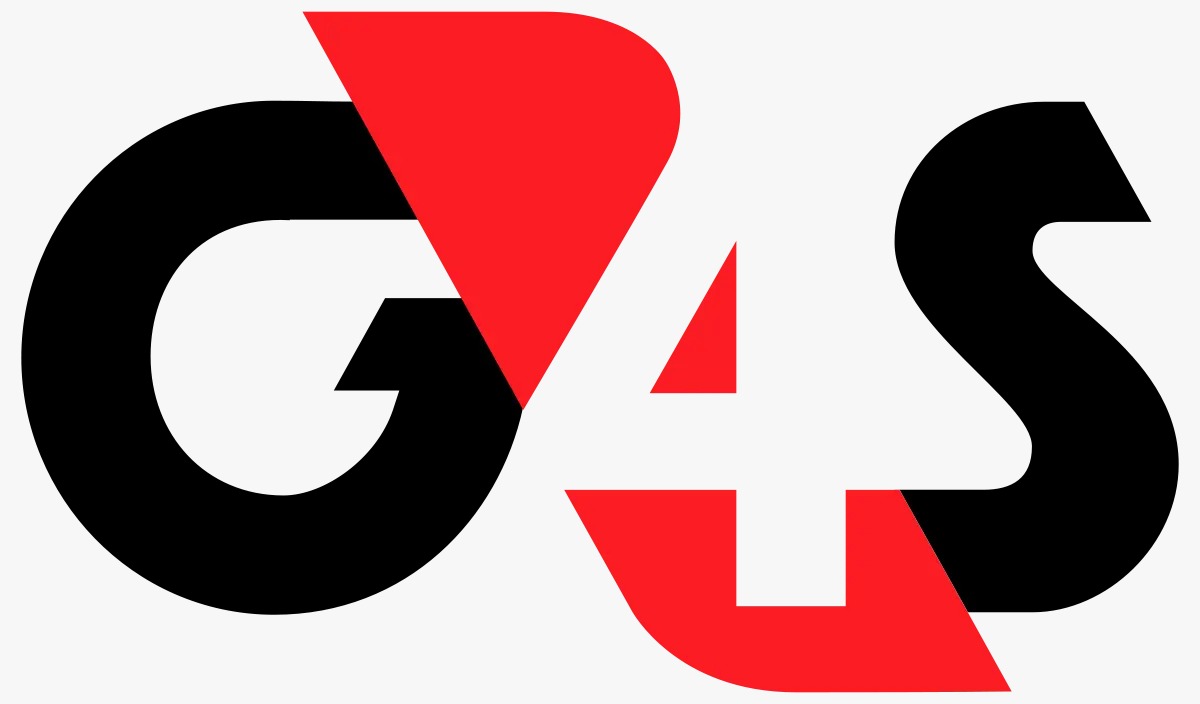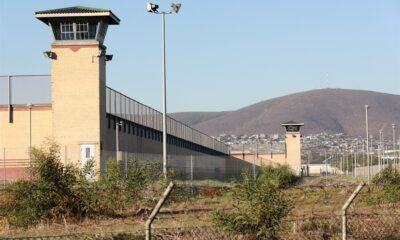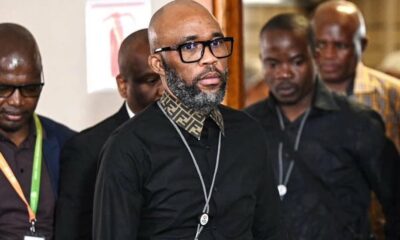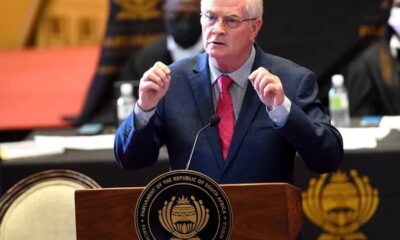Consumer controversies
R2.5 Million Recovered: Inside the Private Prison Fallout at Mangaung

South Africa’s most controversial prison has made headlines again, and this time, it is the state walking away with R2.5 million in recovered funds after a string of corruption scandals and disciplinary failures at Mangaung Correctional Centre.
Behind the barbed wire of this privately run prison in Bloemfontein lies a long-standing public-private partnership under increasing scrutiny. With the Department of Correctional Services (DCS) tightening its oversight and the role of G4S once again in the spotlight, the drama unfolding at Mangaung offers more than just financial headlines. It signals a growing national concern over transparency, accountability, and justice inside South Africa’s prison system.
Where the Money Went, and Why It Came Back
Minister of Correctional Services, Dr Pieter Groenewald, recently confirmed that R2.5 million has been recovered from Bloemfontein Correctional Contracts (BCC), the company behind the Mangaung facility. That amount was not voluntarily handed over; it was clawed back through financial penalties tied to security breaches, corruption, and failures to report incidents timeously.
In a written response to a parliamentary question by EFF MP Betty Diale, Groenewald said the penalty was the latest response to a “pattern of misconduct” that has plagued the facility for years.
G4S in the Hot Seat (Again)
The global private security giant G4S, which manages the day-to-day operations at Mangaung under contract from BCC, is once again the name at the centre of the storm. Since April 2023, no fewer than 51 of its employees have been implicated in disciplinary action.
That includes:
-
19 suspensions
-
12 dismissals
-
20 resignations during ongoing investigations
The offences? Everything from dereliction of duty to direct involvement in corrupt practices and breaches of security protocols.
While G4S insists it has internal procedures to handle misconduct, many have questioned whether internal discipline alone is enough, especially given the high-profile failures that have plagued Mangaung in recent years, including the escape of rapist and murderer Thabo Bester in 2022.
Limited Power, Heavy Responsibility
Despite the facility being privately managed, the Department of Correctional Services retains significant oversight authority. Still, Groenewald was clear that disciplinary processes against G4S staff remain largely in the hands of the company itself.
However, the DCS can exercise stronger measures when necessary. Under Section 109 of the Correctional Services Act, the state can suspend G4S employees, withdraw operational certificates, or demand their removal from duty if they are deemed incompetent or guilty of misconduct.
The Supervisory Committee’s Watchful Eye
Key to keeping this fragile public-private partnership on track is the Supervisory Committee, which meets every two to three months to adjudicate non-compliance cases and issue binding rulings.
If neither party contests the ruling within 14 days, it becomes final and enforceable. That process gives the DCS a degree of leverage, but critics argue that the system still heavily favours the contractor’s autonomy.
The Role of Independent Oversight
One of the most critical actors in this picture is the Judicial Inspectorate for Correctional Services (JICS). As South Africa’s primary independent prison watchdog, JICS plays a vital role in monitoring inmate treatment, inspecting facilities, and reporting back to Parliament.
Groenewald described JICS as an essential mechanism for accountability not just at Mangaung but also at South Africa’s other private correctional facility, the Kutama Sinthumule prison in Limpopo.
JICS’s mandate ensures that the basic rights of inmates are not lost amid contract clauses and corporate boundaries.
What South Africans Are Saying
The public reaction on social media has been one of cynicism and fatigue, with many South Africans expressing frustration that it took so long to hold private prison operators accountable. Others are demanding more transparency around private security contracts and whether these partnerships are serving justice or profit.
In a country where public trust in institutions is already under pressure, the Mangaung saga continues to raise difficult questions. Is enough being done to prevent future breaches? Is R2.5 million just a slap on the wrist for a company with global reach? And what does real accountability look like when lives and rights are at stake behind closed gates?
Beyond the Payback
The recovery of funds from G4S is a step in the right direction, but it is not the full story. South Africa’s correctional services sector is in flux. With pressure mounting to bring transparency, fairness, and humane treatment back to the forefront, Mangaung Correctional Centre stands as a test case for how the country handles misconduct in its most secure institutions.
For now, the headlines may focus on the money. But the real issue lies in what kind of prison system South Africa is willing to tolerate in 2025 and who is truly accountable when that system fails.
Also read: How a Gauteng Man Ended Up Owing R1.6 Million for a BMW He Never Took Home
Follow Joburg ETC on Facebook, Twitter, TikTok and Instagram
For more News in Johannesburg, visit joburgetc.com
Source: The Citizen
Featured Image: Corporate Watch



























